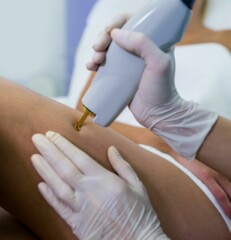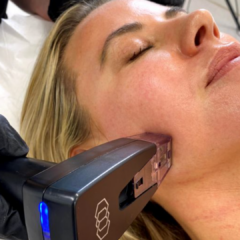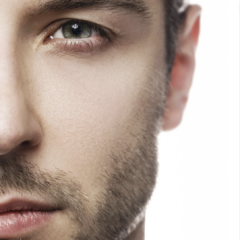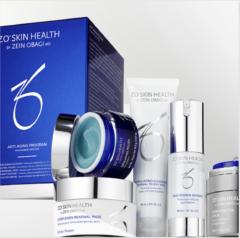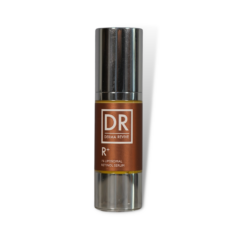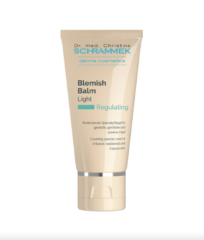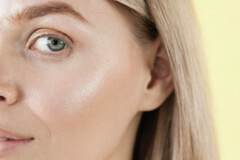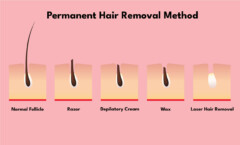[vc_row][vc_column][vc_column_text]
Pigmentation literally means colouring and when we’re talking about skin pigmentation it includes the natural or irregular colouring which appears on the face or body. There are various disorders which affect skin pigmentation and they’re caused by different factors.
Some severe skin pigmentation issues occur due to autoimmune conditions, hormonal changes and even shock; Vitilligo is one such pigmentation disorder and it is usually most noticeable in those with dark skin as it causes the loss of pigmentation in the skin which means that pale patches appear all over the face and body.
Additional Causes
Other more common pigmentation issues are caused by the sun and sometimes by pregnancy…the distinctive “Mask of Pregnancy” often present on the faces of women who are expecting a baby for instance…this is often known as melasma.
Skin care experts and doctors are unsure of the exact reasons for some pigmentation changes but others such as sun spots are down to simple sun damage. All skin contains cells known as melonocytes which produce melanin …the substance responsible for giving skin its colour. When there is too much melanin present this creates areas of hyper-pigmentation and when there is too little melanin this is called hypo-pigmentation.
Hyper-Pigmentation
Hyper-pigmentation is the cause of the dark patches which often appear on the skin of those affected; beige, brown, red and purplish patches appear in various areas of the face and cause much unhappiness if they are particularly noticeable.
When the skin has been affected by sun exposure the hyper-pigmentation is often found across the cheeks, nose and forehead as these are the areas most exposed…they can appear in the guise of freckles and age spots or just as uneven patches of colour. It is not entirely understood why hormonal changes can also affect the skin in this way but many people find that their skin is affected due to pregnancy or menopausal changes.
Scarring as found in acne sufferers can also cause hyper-pigmentation and this is often upsetting as it tends to be red in colour and very noticeable and difficult to cover with makeup as the surface of the skin is usually damaged and uneven.
Hyper-pigmentation is a distressing but common issue for many people and there are many routes to go down when searching for help with this issue. Skincare experts can advise further and a course of treatment is often available for most issues.
If you have skin pigmentation that you would like to removal there are various treatments available. Take a look at our article the ‘Best Treatments To Beat Pigmentation‘ for more information.[/vc_column_text][/vc_column][/vc_row]

